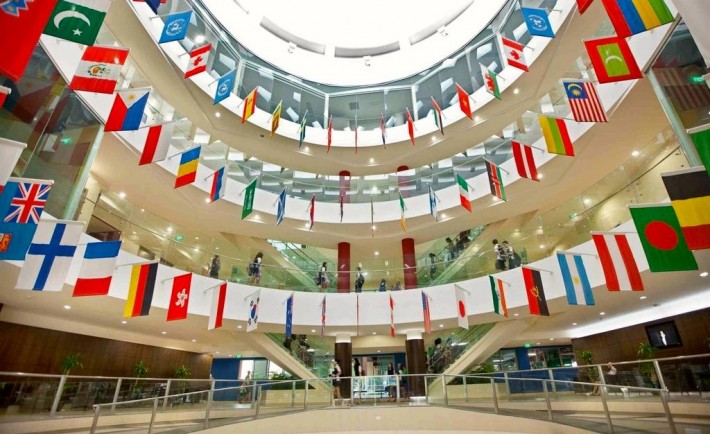
Recently, it has been reported by Singapore’s mainstream media that the cost to send a child to an international school in Singapore could reach up to a jarring amount of $500,000. Most Singaporeans would probably wind up in disbelief since we have been accustomed to the affordable public school fees that are the result of generous government subsidies.
From the economic perspective, critics are quick to dismiss this exorbitant option as some believe that the cost of receiving such an education would far outstrip the financial benefits that are fraught with a great deal of uncertainties. Indeed, there may be some truth to it. However, this premise may be limited in scope at the same time since it has not considered the intangible benefits – realised in the intermediate or long term – that overshadow the financial outlay.
The economics of social networks
Unequivocally, the quintessence of studying in an international school is the development of invaluable and diverse social networks. This is an instrumental consideration for both the child and their parents where the former solidifies their friendships with like-minded peers who come from similar socio-economic backgrounds, thereafter lending support to the latter’s efforts in expanding or diversifying their business networks.
Nonetheless, the maxim “birds of a feather flock together” does not only apply to this context. The different tiers of public schools inherent in the MOE school system also serve the same function. However, the demographics of the student populations may differ significantly as international schools tend to include more diverse nationalities and ethnicities and are more likely to attract the high income groups.
The teachers
International schools tend to recruit teachers from different parts of the world, which could serve as a great eye-opener for the young and malleable minds. The diversified talent pool of teachers share their individual overseas living experience and introduce different cultures and multifaceted ways of thinking and communicating to the students, all of which are life skills that cannot be emphasised more. By doing so, they also bring seemingly irrelevant subjects such as history alive and abstract theories students commonly read in the textbooks applicable to life.
Sublime teachers are a great source of inspiration, motivation and discipline, attributes that are possessed by most – if not all – successful people. While they may not be omniscient, the fact that they aspire to impart the best education in terms of practical knowledge and the right mentality to their students is praiseworthy. They are relentless in enhancing their knowledge and forming vital networks to improve their teaching strategies and materials, in the hope of providing greater enlightenment to their students on the particular subject. And such intangible value cannot be easily measured by any dollar amount. Unsurprisingly, such teachers are few and far between.
The answer
Therefore, from the viewpoint of a discerning expatriate parent, it is likely that the parent (mainly through the feedback of the child) has found immense value in the social networks and the quality of the teachers that warrants the hefty educational investment.




